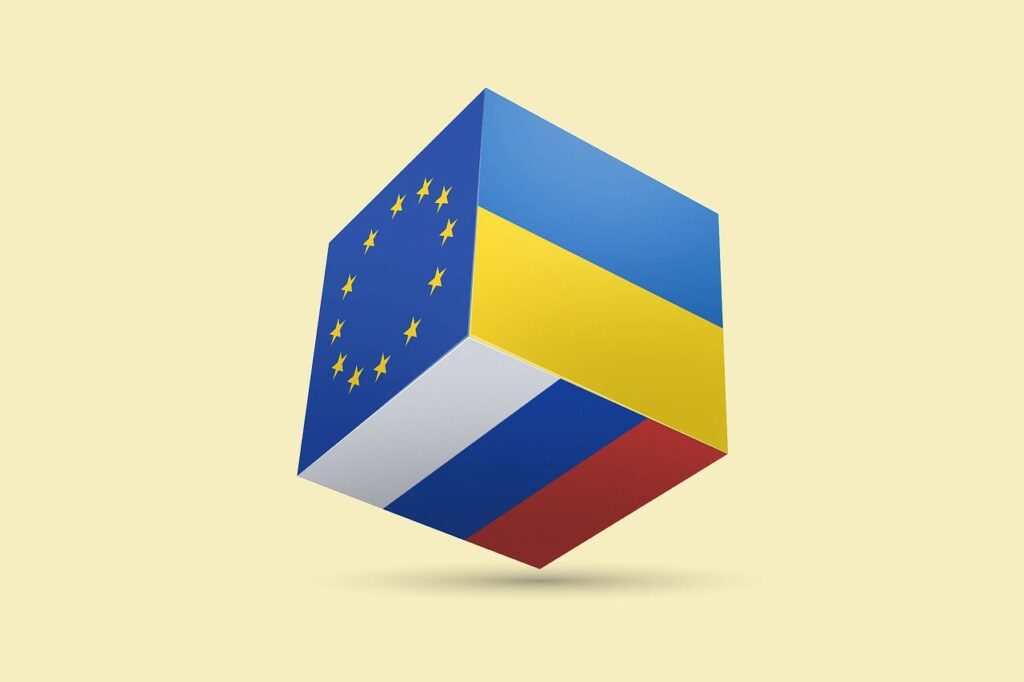On May 25, 2025, the European Commission published an information note clarifying the implications of using the EXW Incoterm in relation to European sanctions regulations.
We cannot stress enough that the EXW rule should be avoided for exports and only used for domestic transactions. In addition to the well-known issues with this rule — such as the lack of supporting documentation for exports, which prevents exporters from invoicing without VAT; incompatibility with payment by documentary credit; and the impossibility to clear exports for non-established importers — there is a new risk arising from compliance with EU regulations on penalties.
The EC’s note addresses the common misconception in international trade that using this Incoterm, in which the buyer is responsible for export clearance upon departure, exempts the seller from European sanctions regulations.
The European Commission reminds us that EU restrictive measures apply to everyone under EU jurisdiction. This includes private individuals within the EU, EU nationals regardless of their location, and EU-based companies, whether they conduct business within or outside the EU. It also includes foreign companies in relation to their business activities within the EU. Furthermore, the EC stresses that private agreements do not supersede the seller’s obligation to control the destination of the goods. Therefore, European sellers and/or exporters must ensure that their goods do not end up in prohibited destinations, regardless of the Incoterms rules used. In other words, a seller could not claim that it sold EXW its establishment in Spain to avoid sanctions arising from noncompliance with EU regulations if the buyer exports a product subject to these sanctions to Russia.
Using the ExWorks rule is even more dangerous in the case of exports of products or technologies affected by European sanctions, such as those imposed on Russia or Belarus. Without export clearance and DUA control, sellers cannot prove due diligence in ensuring that products do not end up in sanctioned countries. This constitutes a breach of sanctions regulations, so there is a high risk of incurring liability and penalties for administrative offenses and crimes punishable by imprisonment. Keep in mind that violating export control regulations is currently considered a crime when the value of the exported products exceeds Eur 150,000 (or Eur 50,000 for defense and dual-use materials).
To mitigate this risk, we recommend avoiding the Incoterm ExWorks, as it only causes problems. As an alternative, exporters can use the FCA rule, which allows for better control of documentation and regulatory compliance when delivering at their premises, taking care of the export SAD (single administrative document). Additionally, establishing export control due diligence protocols is becoming increasingly necessary to enable exporters to thoroughly analyze whether a sale is affected by European sanctions or other export control regulations due to the product type, destination, or final customer. These procedures must be periodically reviewed because export control regulations are dynamic and can quickly become obsolete. Finally, export control clauses must be included in contracts, offers, orders, and order confirmations to prohibit exporting or reexporting to EU-sanctioned territories or exporting without the required licenses. These clauses should also include appropriate corrective measures in case of noncompliance.
Would you like to learn more about how Incoterms affect international sanctions? Contact us at info@garciadenovales.es

